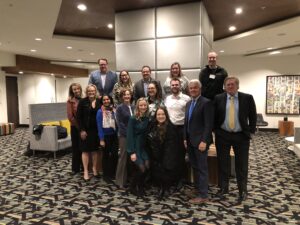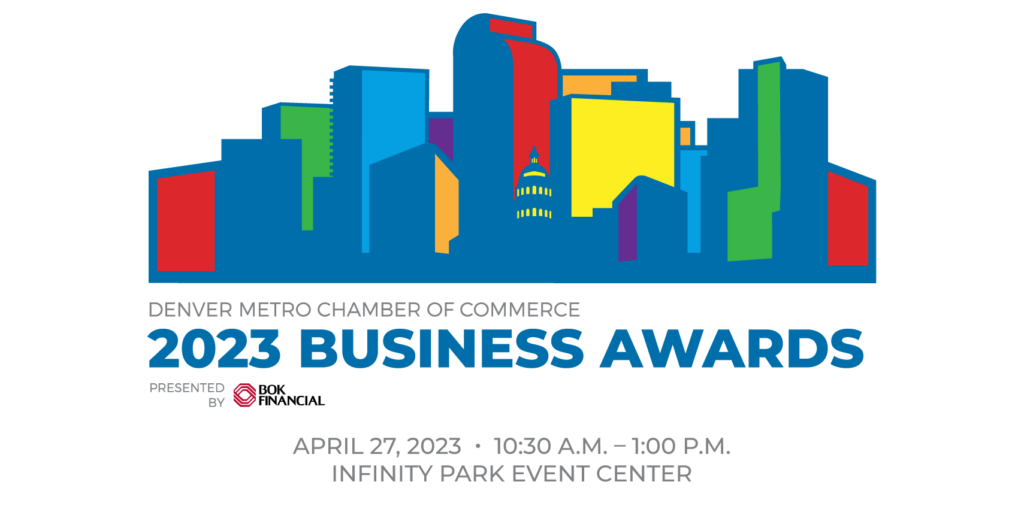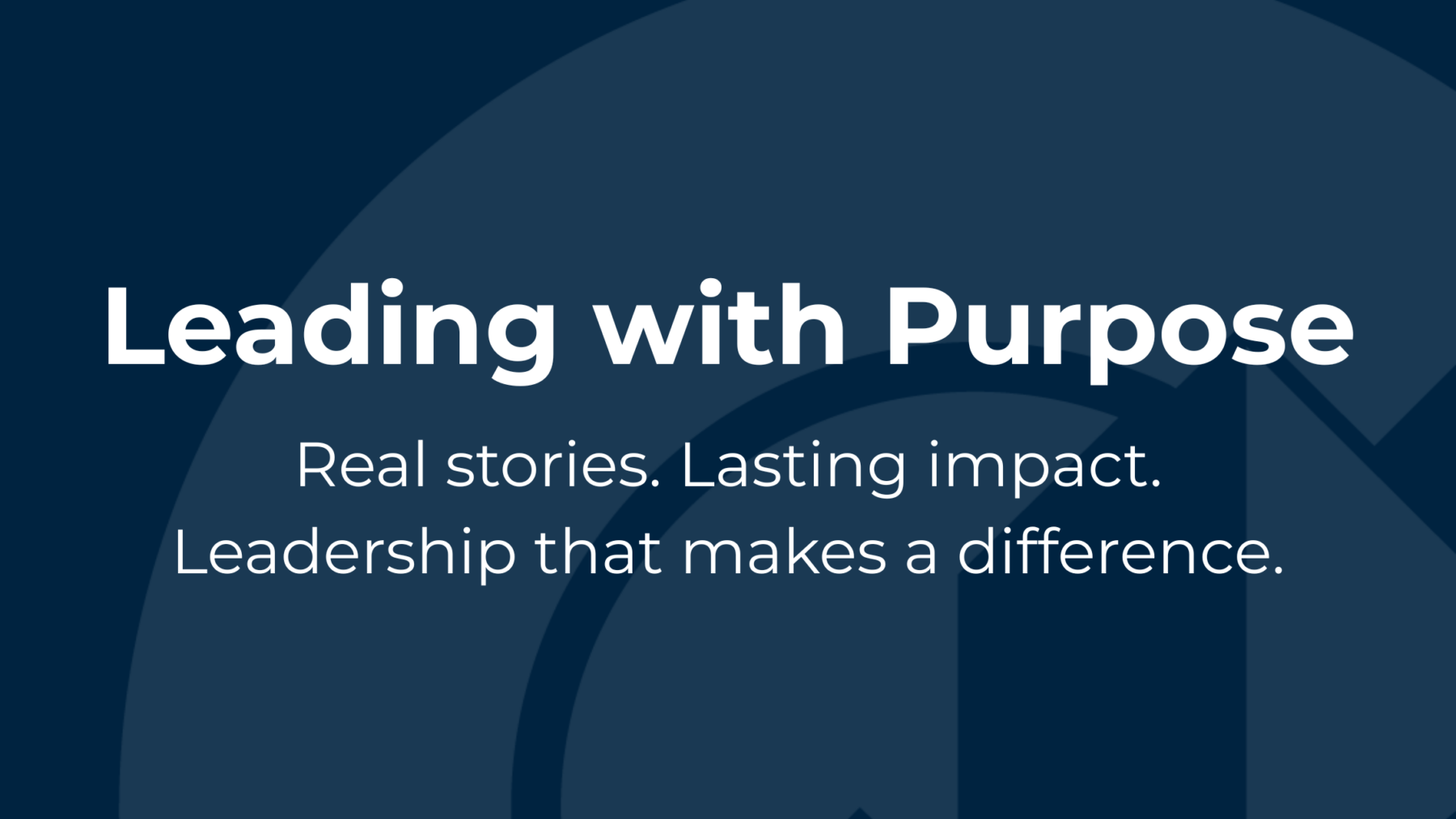2023 Business Awards Small Nonprofit of the Year Finalists
Each year, the Denver Metro Chamber of Commerce recognizes organizations that are writing Denver’s next chapter in business. Join us for the 2023 Business Awards presented by BOK Financial on April 27, 2023 to see the winners announced live! This year’s Small Nonprofit of the Year finalists are: Mile High WorkShop, Common Sense Institute and Emily Griffith Foundation. Get to know each organization more below.

Mile High WorkShop is an employment and job training program, offering assistance to help those overcome barriers when getting into the workplace. Founded in 2014, Mile High WorkShop and has seen several iterations of itself – from delivering water to making soap to catering events – before landing on the job training and assistance program it is today.
“The demographic we serve are those who are experiencing barriers, such as homelessness and addiction. We create a soft-landing space for them to get comfortable with their lives and figure out the things that are standing in their way from employment,” said Rochelle Hinskton, operations development director of Mile High WorkShop. Hinskton expressed that the program helps participants develop their soft and hard skills, then puts them on a production floor that allows them to use their newfound skills in a space filled with grace and love. “We help them every step of the way to help them remerge into the workforce,” added Hinskton.
Mile High WorkShop partners with a major companies in the Metro Denver area, such as Kong, National Geographic and The North Face, to provide work opportunities for program participants. These work opportunities and monthly donations from partnerships help support and sustain the mission. “Community and corporate partnerships have been a huge part of why we’re growing in the past couple years,” said Jonathan Garmany, development manager at Mile High WorkShop.

Formed in 2010, Common Sense Institute is a nonprofit, nonpartisan organization focused on providing data to the political conversation. Common Sense Institute is proud of its growth over the years and of its unbiased reporting in key policy areas ranging from homelessness, education, water, housing, crime, transportation and more.
“Our special sauce is economic analysis,” said Kelly Caufield, executive director of Common Sense Institute. “We run economic modeling on proposed legislation, laws that have already passed, ballot measures and other policy questions.” Through its economic modeling, the organization can estimate the impact of a potential piece of policy on GDP, earnings and jobs. Leaning away from endorsements, lobbying and advocacy, Common Sense Institute instead works strategically with partners to provide open-source information for anyone from voters to decision-makers.
Brielle Bueller, director of community engagement at the Common Sense Institute, shared that the organization works with, “both sides of the aisle to ensure that all the provided data is based on facts and able to inform decision-making.”
“We pride ourselves on being a resource for lawmakers,” said Caufield. “We speak with a state-wide voice. Ahead of the municipal elections, we have issued ‘mini reports’ on the top three issues that polls show is on the hearts and minds of Coloradans: housing, homelessness and crime.” In issuing these tools to educate business, civic leaders and political candidates, Common Sense Institute strives to provide bipartisan, evidence-based data for all.

For over thirty years, the Emily Griffith Foundation has been working to secure funding to provide students with scholarships, wrap-around support and capital infrastructure to the Emily Griffith Technical College. Annually, the Emily Griffith Foundation raises two million dollars to support students.
“Doors are open for anyone. Not only do [students] get tuition and scholarships but also get support in ancillary costs,” said Robin Chalecki, president of the Emily Griffith Foundation. The Emily Griffith Foundation also offers a wrap-around stipend for students who experience life event barriers that prevent completion of a program. The Emily Griffith Foundation sees students from all walks of life with 36% of the student body being parents and an average student age of 28.
For many programs, students need to pass a licensure to work, which ranges from $30 to $300. To bridge this barrier Emily Griffith Foundation covers 100% of the cost of the licensure. “Students know when they start a program, that’s one less barrier they need to overcome upon completing it,” said Chalecki.
The 2023 Business Awards Small Business of the Year award is presented by Emerge.



